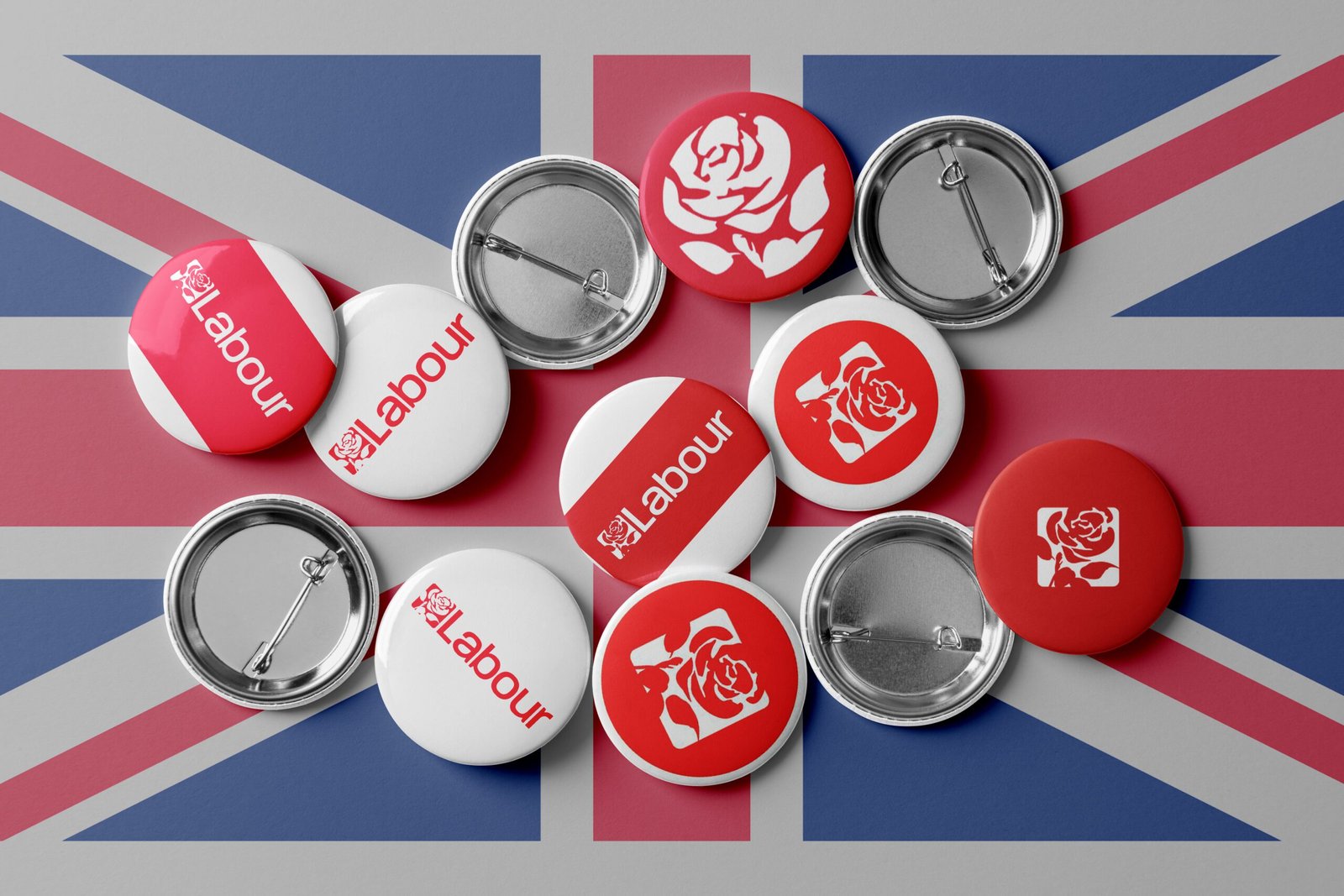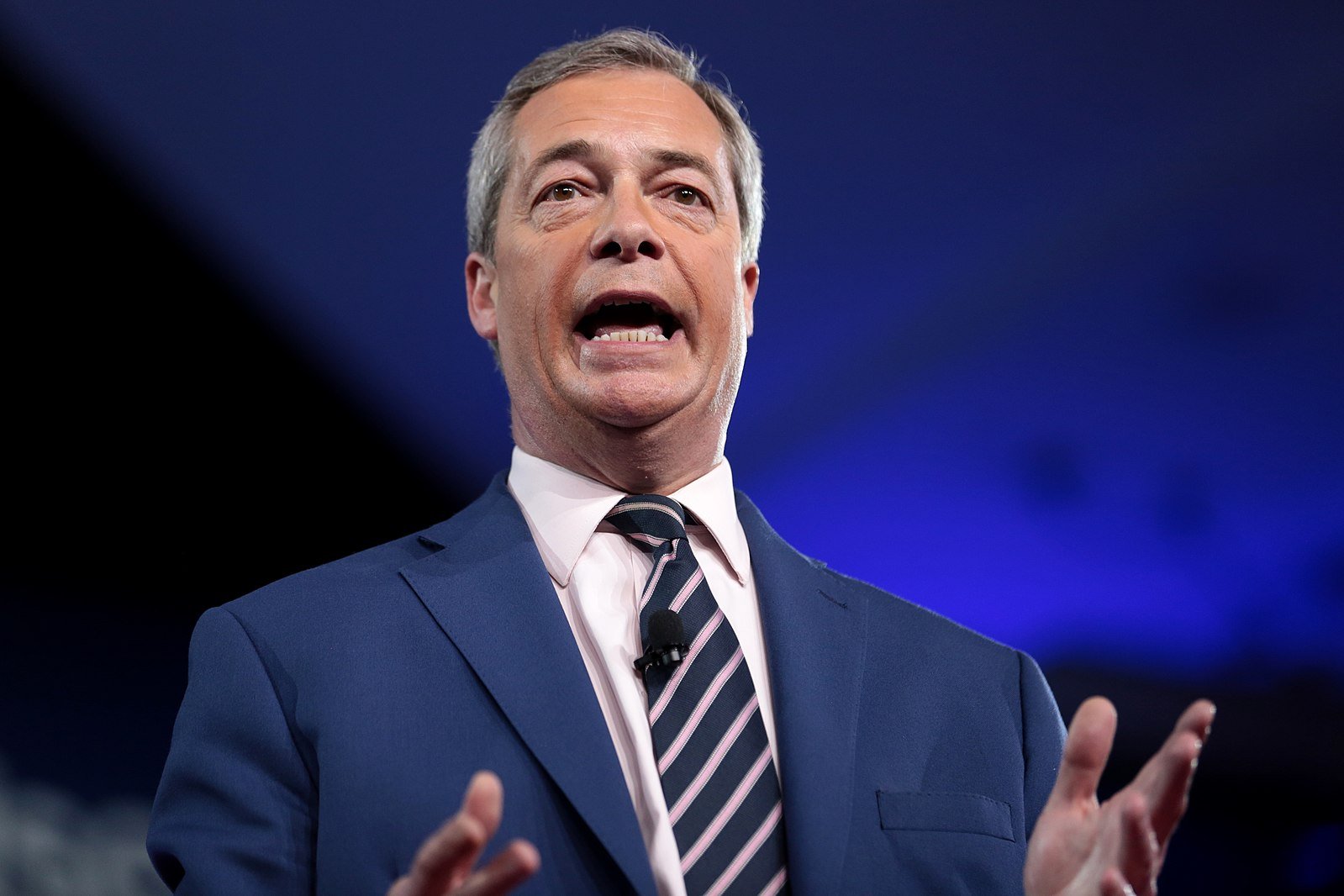
The 2025 UK local elections marked a seismic shift in the political landscape, as voters delivered a resounding rejection of the traditional two-party system. Both the Conservatives and Labour, historically dominant forces, suffered devastating losses. The Conservatives lost 68% of the seats they defended, and Labour saw 65% of theirs slip away. These results underline the growing disillusionment with mainstream politics and the appetite for change across many parts of the country.
Leading the charge was Reform UK, a party once seen largely as a fringe protest movement. Under the leadership of Nigel Farage, Reform UK has managed to tap into the frustrations of ordinary Britons and transform discontent into significant electoral success. The party captured control of 10 local councils and won an impressive 777 councillor positions across England. Most notably, Farage himself won in Clacton, turning the seat into a symbolic victory that underscores the party’s growing appeal.
Farage’s win in Clacton is about more than just numbers. It marks a psychological turning point. For years, Reform UK was dismissed by political elites as merely an outlet for anger rather than a serious contender for governance. That perception has now changed. The party’s platform — a mixture of strict immigration policies, opposition to net-zero climate targets, and promises of economic intervention — has resonated with voters who feel ignored or left behind by the major parties.
New Challenges for the UK
However, with success comes new challenges. While running as a protest movement may win seats, governing is a different matter entirely. Reform UK now faces the difficult task of transitioning from populist rhetoric to pragmatic governance. Managing local councils requires policy detail, administrative competence, and the ability to unite diverse communities — skills that will test the party’s depth and political maturity. Farage himself acknowledged this reality after his victory speech, noting that the party must prove it is capable of delivering real results if it is to remain a permanent fixture on the political scene.
The traditional parties, meanwhile, face existential questions. The Conservative Party’s collapse has been particularly brutal, with the party losing control of all 15 councils it had previously held since 2021. Labour, though also punished by voters, retains more optimism. While their vote share shrank, Labour’s leadership believes that effective national governance or favourable economic conditions could help them recover ground ahead of the next general election.
Observers argue that Reform UK’s emergence signals a wider populist wave, echoing developments seen in the United States and mainland Europe. Voters across western democracies have grown increasingly impatient with what they see as distant, unresponsive elites. In the UK, that frustration has manifested in support for a party that openly challenges the political consensus. Reform UK’s rise, combined with gains for other smaller parties and independents, suggests that Britain’s political system is fragmenting. In fact, the 2025 local elections saw at least five political groups surpass the 14% vote share mark, illustrating just how broad and competitive the political arena has become.
Crucially, national polls taken after the election suggest Reform UK’s appeal is not confined to local politics. The party has surged to the top of several opinion polls, raising serious questions about what the next general election might hold. If Farage and his candidates can maintain momentum, it is conceivable that Reform UK could disrupt or even break the long-standing Labour-Conservative duopoly at Westminster.
Nonetheless, significant hurdles remain. Protest votes often prove fickle, and local election victories do not always translate to national success. Additionally, voters who supported Reform as a means of sending a message may reconsider when faced with the reality of the party forming a government. How Reform performs in the councils it now controls will be crucial. Any signs of incompetence or chaos could rapidly erode the trust it has built.
In conclusion, the 2025 local elections have ushered in one of the most unpredictable and transformative periods in modern UK political history. Reform UK has successfully tapped into voter dissatisfaction and reshaped the political conversation. Yet, the party’s real test now begins — proving it can govern with the same vigour with which it campaigned. The coming months and years will reveal whether this is the beginning of a new political order or a temporary revolt against the established parties.
https://www.thetimes.co.uk/article/local-election-2025-results-map-hqzwgkzfh
https://www.ft.com/content/e1f9be0b-8ea0-4c73-aeb1-0174b39f06a0
https://www.ft.com/content/197d3cf6-8719-49dd-b3b4-63fa41382d65






Change is needed, the two leader parties have proven they lie and do not have the best interest of the British population at heart.